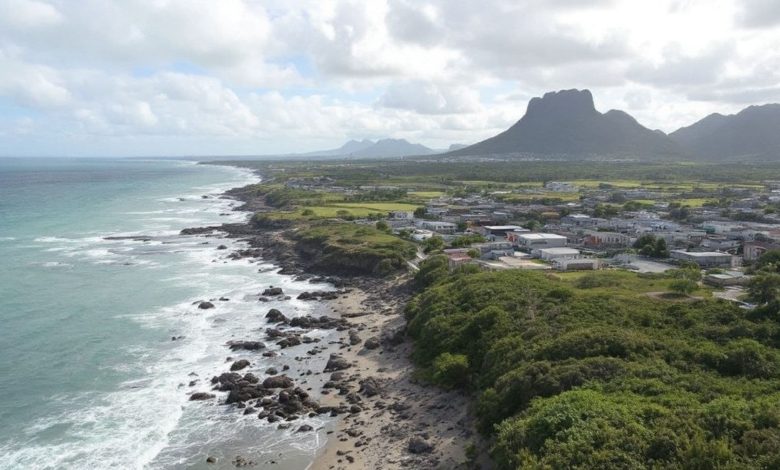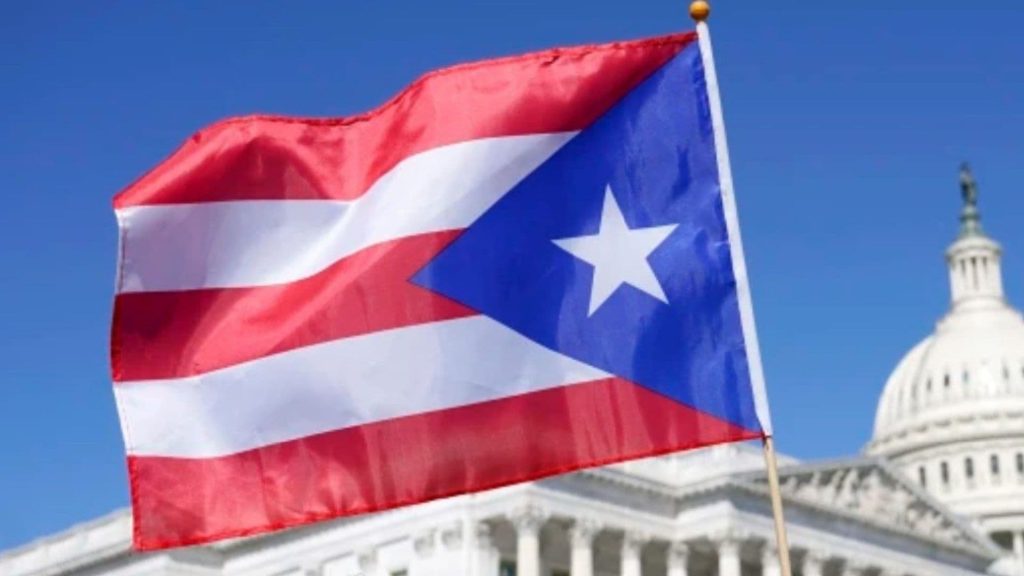
Do Puerto Ricans pay federal taxes? This is a common question, and the answer is not as simple as a yes or no. Most residents of Puerto Rico are exempt from paying U.S. federal income taxes on income earned within the territory, but they do contribute to the federal government through various other taxes, such as Social Security, Medicare, and import duties. Puerto Rico’s status as a U.S. territory makes its tax situation unique. Residents are U.S. citizens but are subject to different tax regulations than those living in the 50 states. This special status stems from the island’s history and its relationship with the United States.
Federal Income Taxes: Who Pays?
While the majority of Puerto Ricans don’t pay federal income tax on income sourced within the island, some categories of residents are required to file and pay federal income taxes:
- Federal employees: This includes individuals working for U.S. government agencies in Puerto Rico.
- Military personnel: Members of the U.S. military stationed in Puerto Rico also pay federal income taxes.
- Income from outside Puerto Rico: Residents earning income from sources outside the territory are subject to federal income taxes on that income.
- Corporations with U.S. ties: Puerto Rican corporations engaging in business with the U.S. or transferring funds to the mainland may also be subject to federal income tax.
The exemption from federal income tax for most residents was established in 1950 due to concerns that residents might not be able to afford both local and federal taxes.
Other Federal Taxes Paid by Puerto Ricans
Although most residents are exempt from federal income tax on locally-sourced income, they still contribute to the U.S. Treasury through various other federal taxes:
- Payroll Taxes (FICA): Residents pay Social Security and Medicare taxes through payroll deductions.
- Self-Employment Taxes: Self-employed individuals contribute to Social Security and Medicare via self-employment taxes.
- Import Duties: Federal customs duties are levied on goods imported into Puerto Rico.
- Unemployment Taxes (FUTA): Employers in Puerto Rico pay federal unemployment taxes for their employees.

Local Taxation in Puerto Rico
Puerto Ricans primarily pay local income taxes to the Commonwealth government instead of the IRS. These taxes fund essential public services on the island. The Puerto Rico Department of Treasury (Departamento de Hacienda) oversees the collection of these taxes.
Federal Benefits and the Tax Debate
Puerto Rico’s limited access to certain federal benefits is often cited as a reason for its special tax status.
- Residents receive less funding for social welfare programs like Medicaid and the Supplemental Nutrition Assistance Program (SNAP).
- They are excluded from Supplemental Security Income (SSI) benefits.
- Disaster relief and infrastructure funding are often lower compared to U.S. states.
This discrepancy between tax contributions and federal benefits has fueled a debate about the fairness of Puerto Rico’s tax treatment.
FAQs
1. Do all Puerto Ricans pay federal income taxes?
No, most residents are exempt from federal income taxes on income earned within Puerto Rico.
2. What federal taxes do Puerto Ricans pay?
Puerto Ricans pay Social Security, Medicare, import duties, and unemployment taxes, among others.
3. Why do some Puerto Ricans pay federal income taxes?
Federal employees, military personnel, those with income from outside Puerto Rico, and certain corporations pay federal income taxes.
4. Do Puerto Ricans receive the same federal benefits as U.S. state residents?
No, Puerto Rico has limited access to some federal benefits, including Medicaid, SNAP, and SSI.
5. What is the main source of tax revenue for the Puerto Rican government?
The main source of tax revenue for the Puerto Rican government is local income taxes.